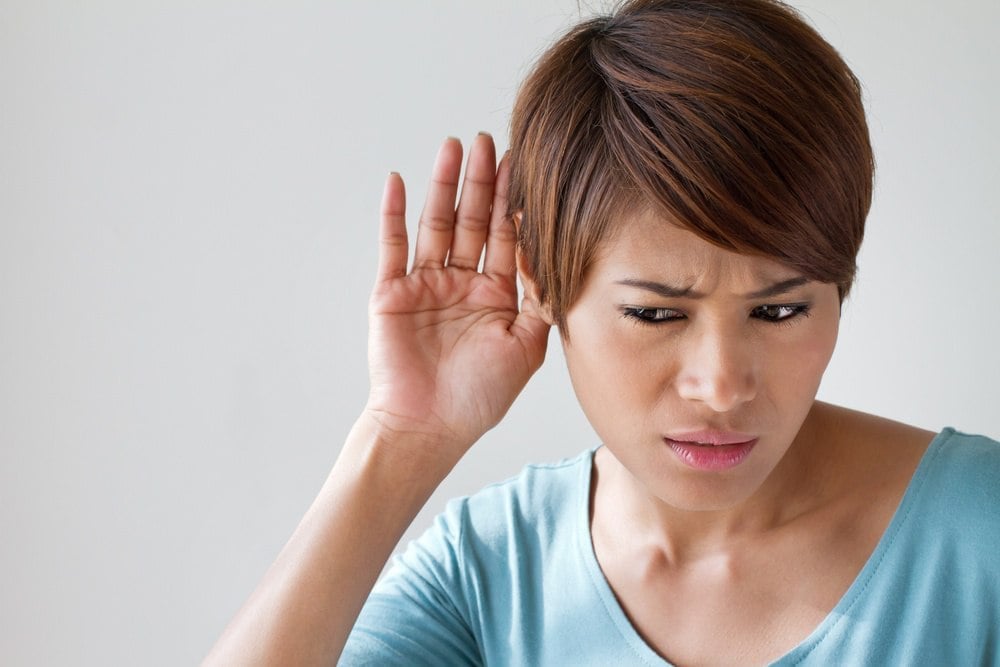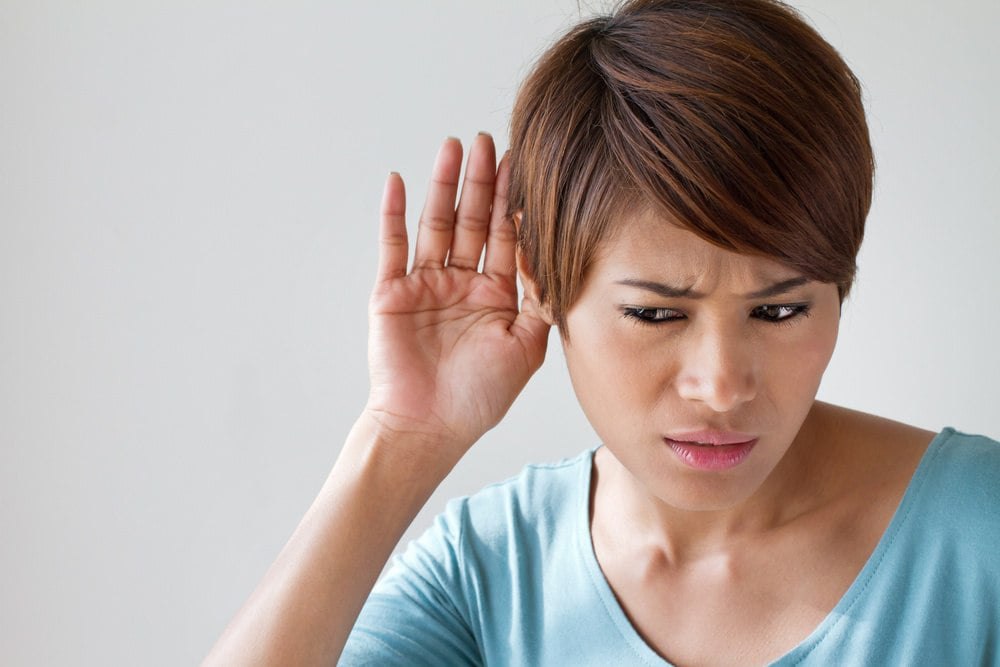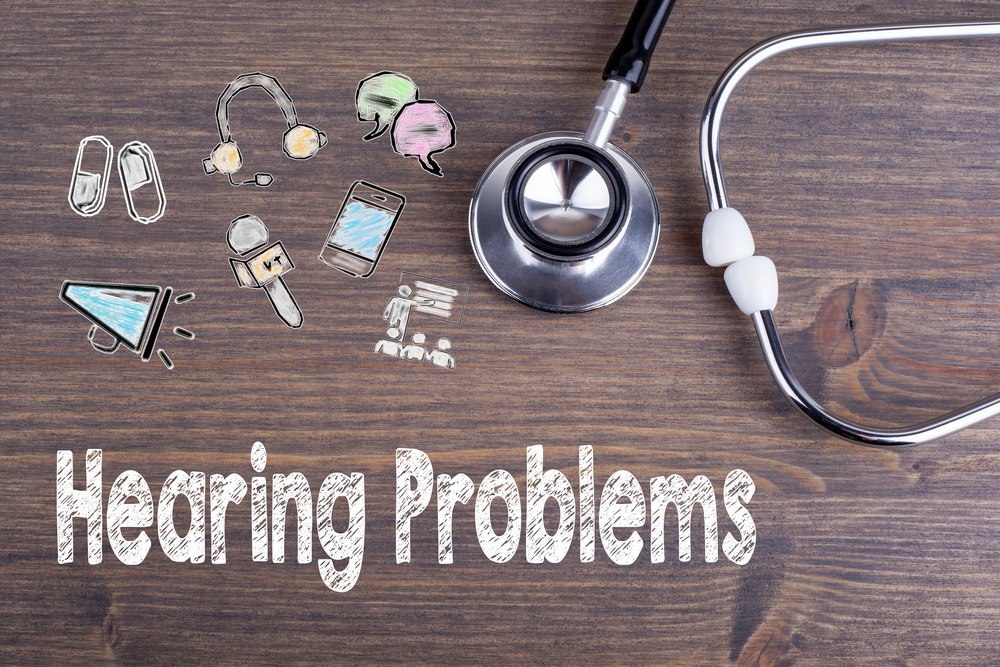When should I consider getting a Hearing Aid? (Signs, Reasons, and Indications)
June 21st, 2017 | 4 min. read


It can take a long time between initially noticing an issue with your hearing and actually acting on it. The earlier you take action, the more it helps you. When you can’t hear well, you may become disconnected and isolated, which most likely is frustrating to you and your loved ones.
It’s common to experience some hearing loss as you age. However, you should never need to simply put up with it. Modern hearing aids are discreet and sensitive. In this article, we look at the reasons for a hearing aid, common signs that you or your loved one needs a hearing aid, reasons for hearing loss and more.
Hearing Loss Statistics
If you have hearing loss, you are not alone.
-
Around 25 percent of U.S. citizens between 55 and 64 have at least some degree of hearing loss.
-
As many as one in two people over 65 have some hearing loss.
-
There are around 37 million hearing impaired individuals living in America.
Signs That You or Your Loved Ones Needs a Hearing Aid
You may be asking yourself: "what are the signs I need a hearing aid?" The signs that you or your loved one has hearing loss can be subtle to begin with. Often, they emerge slowly. However, for some people these early signs are more pronounced and can come on suddenly. Losing your hearing can be upsetting and frustrating. Some signs to be watchful for include:
Social Signs
-
You find yourself watching people’s faces more intently or reading their lips when they’re speaking to you.
-
You respond or answer inappropriately during conversations.
-
You’ve trouble hearing women and children.
-
You’ve ringing in your ears.
-
You turn your radio or TV up high.
-
You need people to frequently repeat what they’ve said.
-
You’ve problems hearing in noisy places or situations. For example, at malls, conferences or restaurants.
-
You’ve difficulty following conversations that involve more than two people.
-
You think other people sound like they’re mumbling or that they’re muffled.
Emotional Signs
-
You withdraw from social situations you once enjoyed due to being unable to hear people.
-
You feel stressed due to constantly straining to hear what other people are saying.
-
You feel nervous and worried about trying to understand and hear.
-
You feel annoyed with people because you can’t understand or hear them.
-
You feel embarrassed and reticent about meeting new people for fear of misunderstanding what .they’re saying
Reasons for Hearing Loss
Hearing loss can be caused by many different issues. There are three specific categories of hearing loss to be aware of.
-
Sensorineural hearing loss (SNHL) - due to inner ear problems. SNHL is also known as nerve-related hearing loss.
-
Conductive hearing loss - due to problems within the middle and outer ear, which prevents or inhibits sound vibrations from reaching the inner ear.
-
Mixed hearing loss - due to a combination of both of the above.
Sensorineural Hearing Loss Causes:
The primary causes of sensorineural hearing loss are:
-
Disease or virus
-
Exposure to loud noise
-
Aging
-
Hearing loss that runs in your family
-
Malformation of your inner ear
-
Head trauma
-
Meniere’s disease
-
Tumors and more
Conductive Hearing Loss Causes
The primary causes of conductive hearing loss are:
-
Poor Eustachian tube function
-
Fluid in your middle ear due to colds
-
Malformation of middle ear, outer ear or ear canal structures
-
Perforated eardrum
-
Ear infection
-
Impacted earwax
-
Benign tumors
-
Infection in your ear canal
-
Otosclerosis
-
Foreign body in your ear
Indications for a Hearing Aid

There are various indications that you or your loved one needs a hearing aid. First, you should identify whether any of the social and emotional signs above are present. If you feel that they are, and you have difficulty hearing, it could be time for you to find out about getting a hearing aid such as Oticon, the brand of choice of Houston ENT & Allergy doctors.
Medical indications that you could need a hearing aid include:
-
You’ve been exposed to loud noises over a protracted period of time. For example, working with heavy machinery.
-
You’ve been exposed to an explosive noise.
-
You’ve a family history of hearing loss.
-
You’ve thyroid, heart or circulation problems.
-
You take medications such as ototoxic drugs that can be harmful to your hearing .
Not being able to hear as well as you once did can produce many negative effects. These include:
-
Anger, irritability, negativity
-
Social withdrawal and avoidance
-
Depression, tension, fatigue, and stress
-
Loneliness and social rejection
-
Impaired ability to learn new tasks
-
Impaired memory
-
Reduced alertness that increases the risk to your personal safety
-
Reduced job performance and therefore earning power
-
Diminished overall and psychological health
Contrary to popular belief, hearing loss doesn't just affect the elderly. It can occur at any age and at any time. In young children, even mild hearing loss may make it difficult to learn, to develop speech and to build interpersonal skills.
Essentially, you need a hearing aid if you have problems hearing and you feel that the benefit/cost ratio of a hearing aid is reasonable to you. Many people who have good hearing in one ear find that they can adjust quite well to any degree of hearing loss in their other ear. Because of this, the majority of people who get hearing aids have a bilateral decrease in hearing.
Generally speaking the “ideal” hearing aid recipient is someone who is experiencing noticeable communication problems and who has mild to moderate hearing loss. A hearing aid is not generally useful if you have profound hearing loss, though it can be beneficial in some cases.
Why Can I Hear People Talking But Can’t Understand Them?
A common type of hearing loss is when you have either normal or almost normal hearing in terms of low to mid-pitched speech, but you cannot hear higher-pitched sounds. Generally, low-pitched speech sounds are vowel ones. High-pitched ones tend to be “th, s, f” and so on. High-pitched consonants usually carry the meaning of words while also being quite soft volume-wise. The lower-pitched vowels are the ones that carry volume but don't have real meaning.
You may have hearing loss if you notice that during conversations you can hear speech but the meaning isn’t entirely clear. If your problems worsen when there’s background noise, this is another indicator.
Get Your Hearing Tested and/or Learn More About the Benefits of a Hearing Aid
Keep in mind that there are many times that we all have trouble hearing or understanding people in challenging environments. However, if you find you can’t hear on a frequent basis, you could benefit from finding out more about a hearing aid. If you feel that you or someone close is affected by hearing loss, it’s time to arrange a hearing test.
For your own peace of mind, you should do so without delay and take the first step towards hearing clearly again. If you’re worried about the stigma of wearing hearing aids, don’t. Modern devices are unobtrusive and no one but you needs to know you’re wearing one. Plus, by wearing your hearing aid, you get to hear all the wonderful sounds of nature, like birds chirping and waves lapping on the shore, as well as hear the voices of your loved ones better.
For an appointment to get your hearing checked at Houston ENT & Allergy, give us a call us at : 281-649-7000 or complete our online form.
Mark Lynn Nichols, M.D., received his Bachelor of Science degree with Honors in Pharmacy in 1983, prior to his entering the University of Texas Medical Branch, Galveston, Texas, where he received the degree of Doctor of Medicine with Highest Honors. Following his Internship in General Surgery, and Residency in Otolaryngology at UTMB, Dr. Nichols did a Fellowship in Otology-Neurotology at the Ear Research Foundation, in Sarasota, Florida. He is a member of several professional associations, and is a Diplomat of the American Board of Otolaryngology.
Topics: